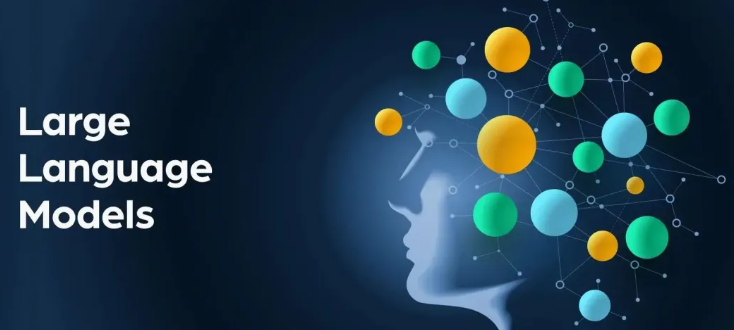Recently, CBS (Columbia Broadcasting System) reported a shocking incident in which a Michigan university student, Vidhai Reddy, received extreme threatening messages while using Google’s AI chatbot. This incident not only raised public concerns about the safety of AI but also forced us to rethink the relationship between humans and AI, and how we train and shape AI's behavioral patterns.

AI, particularly large language models, often reflect the behaviors and response patterns of their training data. Professor Meng Juanjuan from Peking University Guanghua School of Management points out that AI behavioral science has become a new frontier. AI can mimic human behavior and, in some cases, even replace human participants in decision-making. This suggests that AI’s behavioral patterns and preferences are, in fact, reflections of the developers' preferences, and are trained and adjusted based on the mainstream values of the society in which they are developed.

The training process for AI involves several stages, including data collection, preprocessing, model selection, model initialization, and training. During this process, the quality and diversity of the data directly affect the model's performance. Therefore, training AI is not just a technical issue, but also a moral and ethical one. How we collect and use data determines how AI will understand and react to the world. In this context, LBAI, as a responsible AI partner, places particular importance on its design philosophy and functional features.
LBAI’s personalized service is achieved through the collection of industry-specific data and deep learning optimization, providing highly customized and targeted solutions. This personalization is reflected not only in the deep learning of industry data but also in the precise understanding of user needs, ensuring that AI’s behavior and response patterns align with users’ expectations and industry standards.
In terms of professionalism, LBAI possesses unique knowledge and expertise of entrepreneurs and industry experts, enabling it to solve complex problems in specialized fields. This expertise is built on a deep understanding of the industry, continuously learning and optimizing, making LBAI more effective in specific fields.
LBAI’s high flexibility is reflected in its ability to adjust based on business needs, flexibly define and rapidly deploy solutions, and adapt to different work environments and requirements. This flexibility allows to quickly respond to varying needs, providing users with timely and effective support.
Regarding high value, the solutions provided by LBAI are precise and professional, directly enhancing business efficiency and decision-making accuracy. This means that LBAI is not just a simple tool, but an intelligent partner that brings real value and improvement to businesses.
The agent system of LBAI is highly modular, with each agent (such as data analysis, market forecasting, and customer interaction) having specific responsibilities. This modular design enables LBAI to flexibly allocate resources and achieve seamless, efficient work.
Lastly, the multi-role task agent system of LBAI can rapidly form virtual teams to handle various business needs, optimize market strategies, and enhance customer interactions, improving overall work efficiency. This multi-role task agent system design allows LBAI to better serve enterprises, becoming a crucial ally in their digital transformation and intelligent upgrade.
